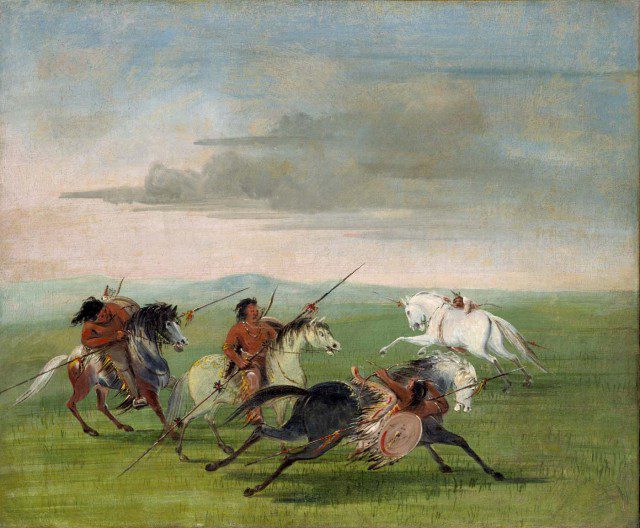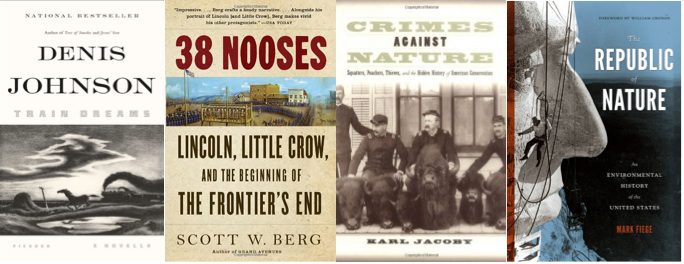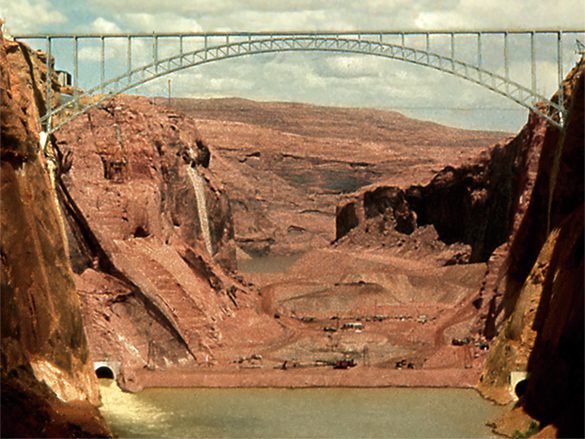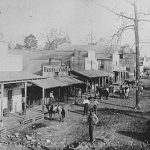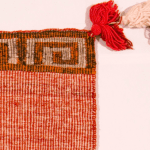During the summer of 2016, we will be bringing together our previously published articles, book reviews, and podcasts on key themes and periods in the history of the USA. Each grouping is designed to correspond to the core areas of the US History Survey Courses taken by undergraduate students at the University of Texas at Austin.

Erika Bsumek discusses Navajo Artisans at the Trading Post, a late nineteenth-century Navajo rug held in the Art and Art History Library Collection at the University of Texas, and recommends more books on Navajo Arts and the History of the U.S. West
Book Recommendations:
Nathan E. McCormack recommends Karl Jacoby’s Shadows at Dawn: A Borderlands Massacre and the Violence of History (Penguin, 2008).
And here is another from Karl Jacoby, Crimes against Nature: Squatters, Poachers, Thieves, and the Hidden History of American Conservation, (University of California Press, 2003), suggested by Henry Wiencek.
Continuing with an environmental approach to history, Hannah Ballard recommends The Republic of Nature, by Mark Fiege (University of Washington Press, 2012)
Hannah Ballard reviews 38 Nooses: Lincoln, Little Crow, and the Beginning of the Frontier’s End, by Scott W. Berg (Vintage, 2012).
Nakia Parker recommends Black Slaves, Indian Masters: Slavery, Emancipation, and Citizenship in the Native American South, by Barbara Krauthamer (University of North Carolina Press, 2013)
Jacqueline Jones suggests Denis Johnson’s novella Train Dreams.
James Jenkins reviews The Civil War of 1812: American Citizens, British Subjects, Irish Rebels, & Indian Allies, by Alan Taylor (Vintage, 2010)
And finally, Erika Bsumek, David Kinkela, and Mark A. Lawrence highlight their broad environmental history Nation States and the Global Environment: New Approaches to International Environmental History, (Oxford University Press, 2013), and five great books on the Environment on History & History in the Environment.
Erika Bsumek and Kyle Shelton show the importance of studying history and discuss their innovative course bringing the Humanities and STEM together, ‘Building America: Engineering Society and Culture, 1868-1980’.
From 15 Minute History: The Social Legacy of Andrew Jackson
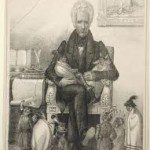 Andrew Jackson’s presidency marked the introduction of a real maverick to the White House: a frontiersman from Tennessee, not part of the Washington elite, who brought the ideas of the people to the national government — or, at least that’s what his supporters claimed. But Jackson’s lasting political legacy instead comes from expanding the vote to all white males (not just landholder), and the tragic effects of the Indian Removal Act of 1830.
Andrew Jackson’s presidency marked the introduction of a real maverick to the White House: a frontiersman from Tennessee, not part of the Washington elite, who brought the ideas of the people to the national government — or, at least that’s what his supporters claimed. But Jackson’s lasting political legacy instead comes from expanding the vote to all white males (not just landholder), and the tragic effects of the Indian Removal Act of 1830.
Guest Michelle Daneri from UT’s Department of History helps us sort through the political forces that brought Jackson to office, and the long lasting impact of his presidency.
Texas:
Nakia Parker explores an exhibit on the First Texans.
Neel Baumgartner discusses the history of Big Bend National Park.
And finally, Nathan Jennings highlights three fascinating sources held in the Briscoe Center for American History at UT Austin:
- “The Die is Cast”: Early Texans Face the Comanches
- “The Battle of Bandera Pass and the Making of Lone Star Legend”
- A Texas Ranger and the Letter of the Law
